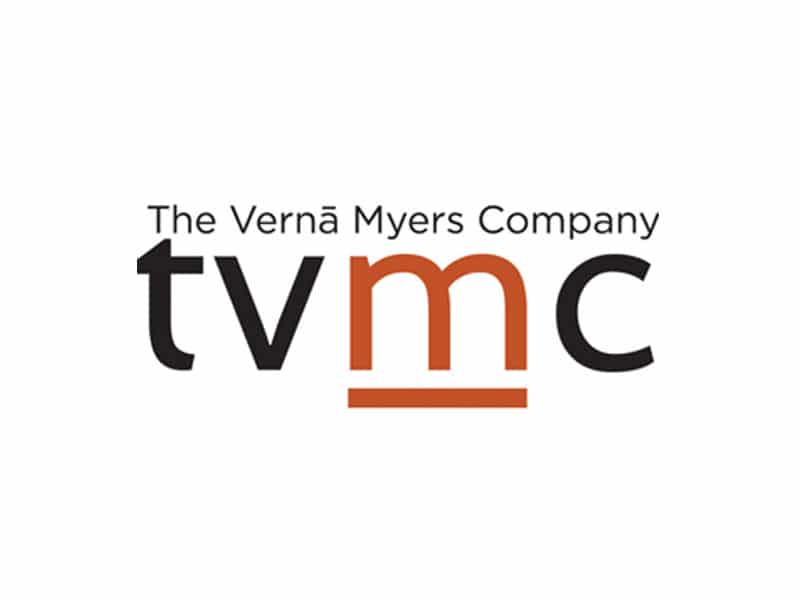By Samuel Hardiman, Tulsa World.
Making Tulsa’s workforce more inclusive is key to progress
Speakers point to report that shows more diverse companies earn more
Chatter filled the downtown Tulsa DoubleTree by Hilton ballroom for five minutes or so Wednesday afternoon. It wasn’t idle chatter. It was hundreds of people reflecting on their upbringing, heritage and what the city’s — and nation’s — recent racial strife means to them.
White talked to black. Man talked to woman. Gay talked to straight.
They had been told to be honest and not to pass judgment on each other’s answers, even if they were positive. The point, according to ROI Summit keynote speaker Verna Myers, was to talk about things frankly.
Myers was frank. She addressed the recent shooting death of Terence Crutcher, a black man, by white Tulsa Police Officer Betty Shelby, connecting it with other infamous deaths of black men, such as Eric Garner and Freddie Gray in her hometown of Baltimore.
Myers said that despite the political climate and the issues facing the country, the United States was awake and ready to confront the problems it faced.
It was the fifth annual ROI Summit presented by the Tulsa Area Human Resources Association. All have been intended to show the “return on inclusion” and communicate what studies have shown: the more diverse a workforce and business community, the more productive it can be.
According to a 2015 report from McKinsey & Company, companies that are more diverse ethnically, racially and in terms of gender were more likely than their less-diverse peers to have better earnings.


